
Sign in to your Collider account
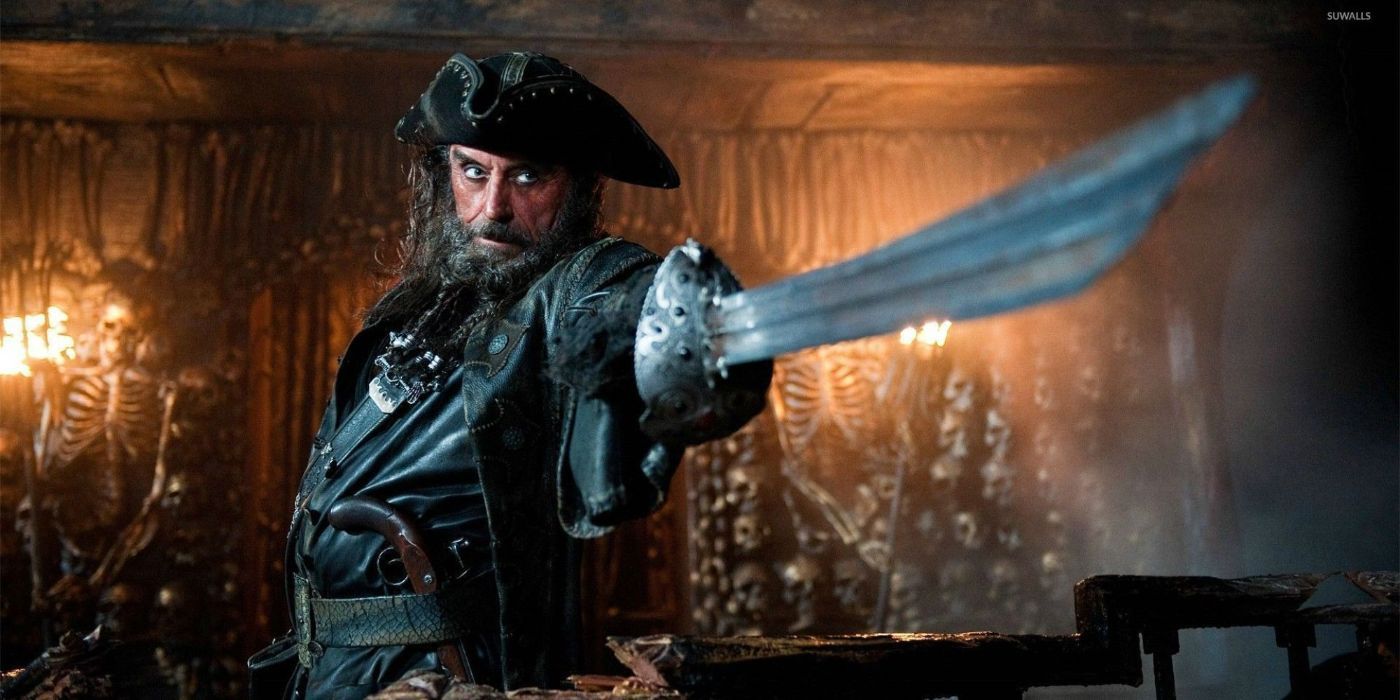 Image via Walt Disney Studios Motion Pictures
Image via Walt Disney Studios Motion Pictures
Sequels often come with lofty expectations, especially when they follow beloved entries in a major franchise. Fans hope for a continuation that expands the story, develops the characters, and captures the same magic that made the original so impactful. But delivering on these expectations is no easy feat. For every The Dark Knight or Empire Strikes Back, there are several missteps, either by recycling tired tropes, straying too far from the core elements that made their predecessors great, or forgetting about the characters that the audiences love. This disconnect can leave audiences feeling let down, turning what should have been a thrilling return to a beloved universe into a disappointment.
When a sequel flops, the ripple effects often extend beyond just one movie. A poor reception can tarnish a franchise's reputation, alienate its fanbase, and even put future entries at risk. Some franchises manage to bounce back with renewed creativity, while others struggle to regain their footing. In the worst cases, a disappointing sequel becomes the defining moment that marks a series’ decline, shifting it from cultural cornerstone to a footnote. This article will explore some of the most disappointing sequels in major franchises, examining how these films faltered and the impact they had on their series as a whole.
10 'Quantum of Solace' (2008)
Directed by Marc Forster
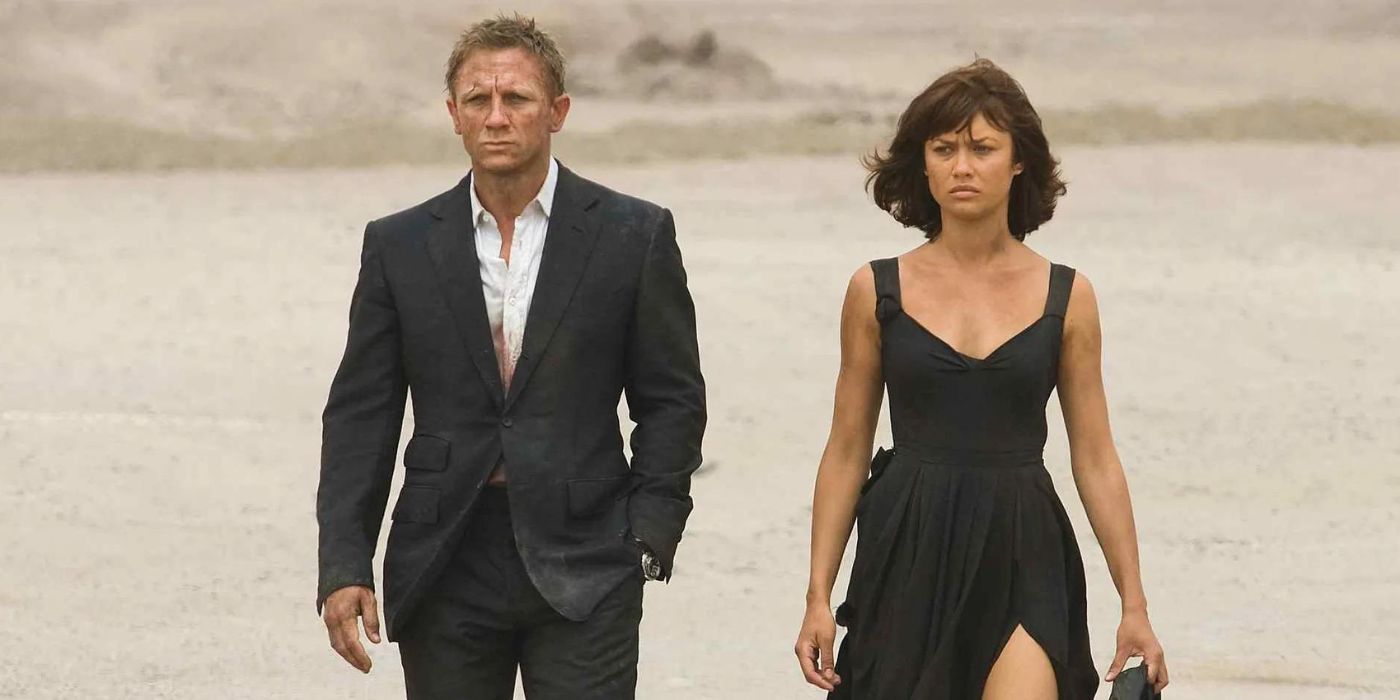 Image via Sony Pictures Releasing
Image via Sony Pictures Releasing A direct follow-up to the widely acclaimed Casino Royale, Quantum of Solace follows James Bond (Daniel Craig) on a personal quest for revenge against the organization responsible for Vesper Lynd’s death. His mission leads him to the villainous Dominic Greene (Mathieu Amalric), a businessman with plans to control vital resources in Bolivia, and also Camille Montes (Olga Kurylenko), who has a vendetta of her own against Greene. The film trades bombastic action sequences for a more character-driven narrative, with Bond pursuing leads across the globe while grappling with his grief and anger.
Audiences were underwhelmed by Quantum of Solace, which struggled to maintain the momentum of Casino Royale. The film’s rushed production, worsened by a writers’ strike, resulted in a disjointed story and uneven pacing. While Craig’s performance was praised, the lack of emotional resonance and compelling stakes left many viewers disappointed. The film’s underwhelming reception prompted the series to recalibrate, with Skyfall revisiting the franchise's nostalgic elements to restore Bond’s prestige.
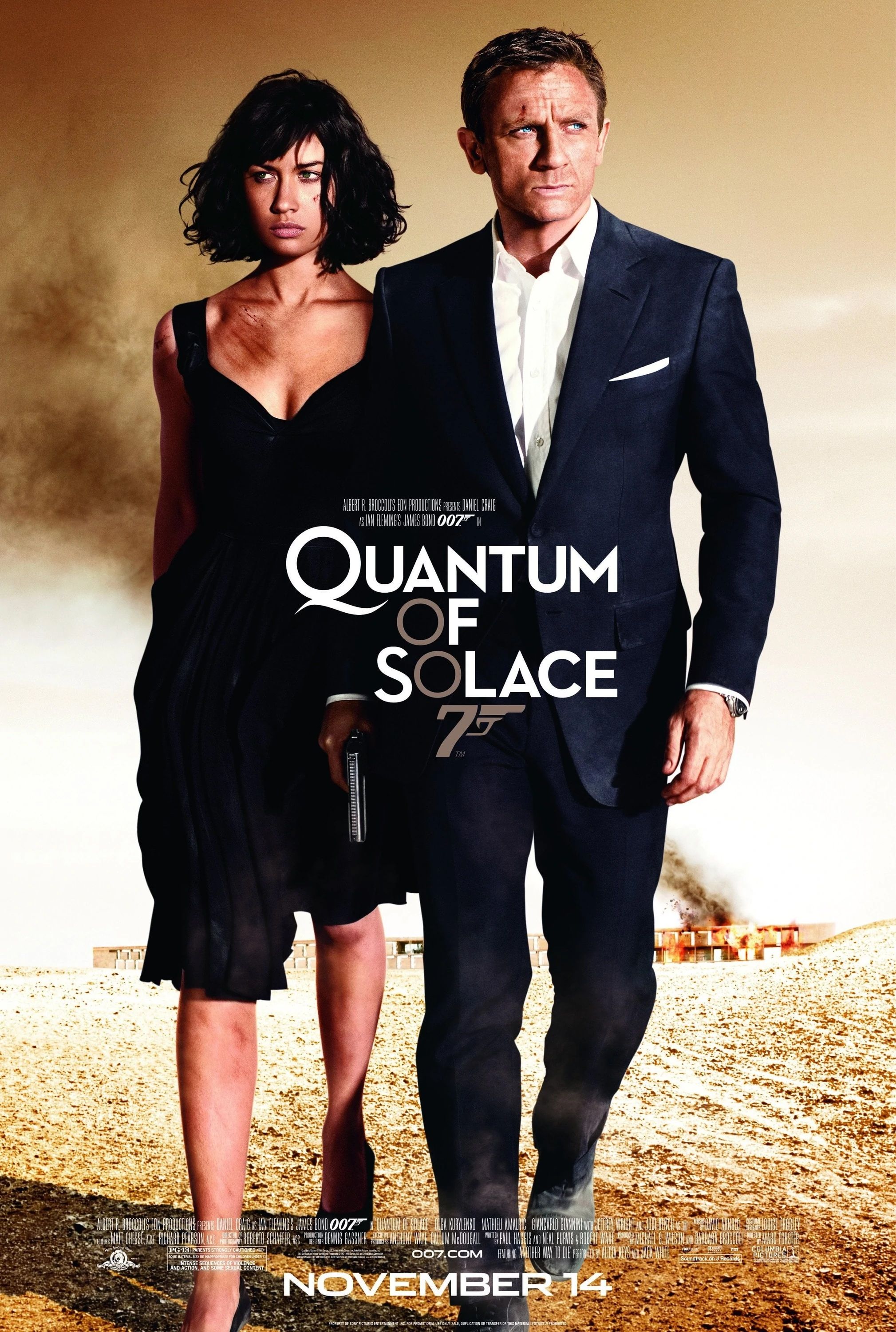
Your changes have been saved
Quantum of Solace
Director Marc Forster
Runtime 106
9 'Alien: Resurrection' (1997)
Directed by Jean-Pierre Jeunet
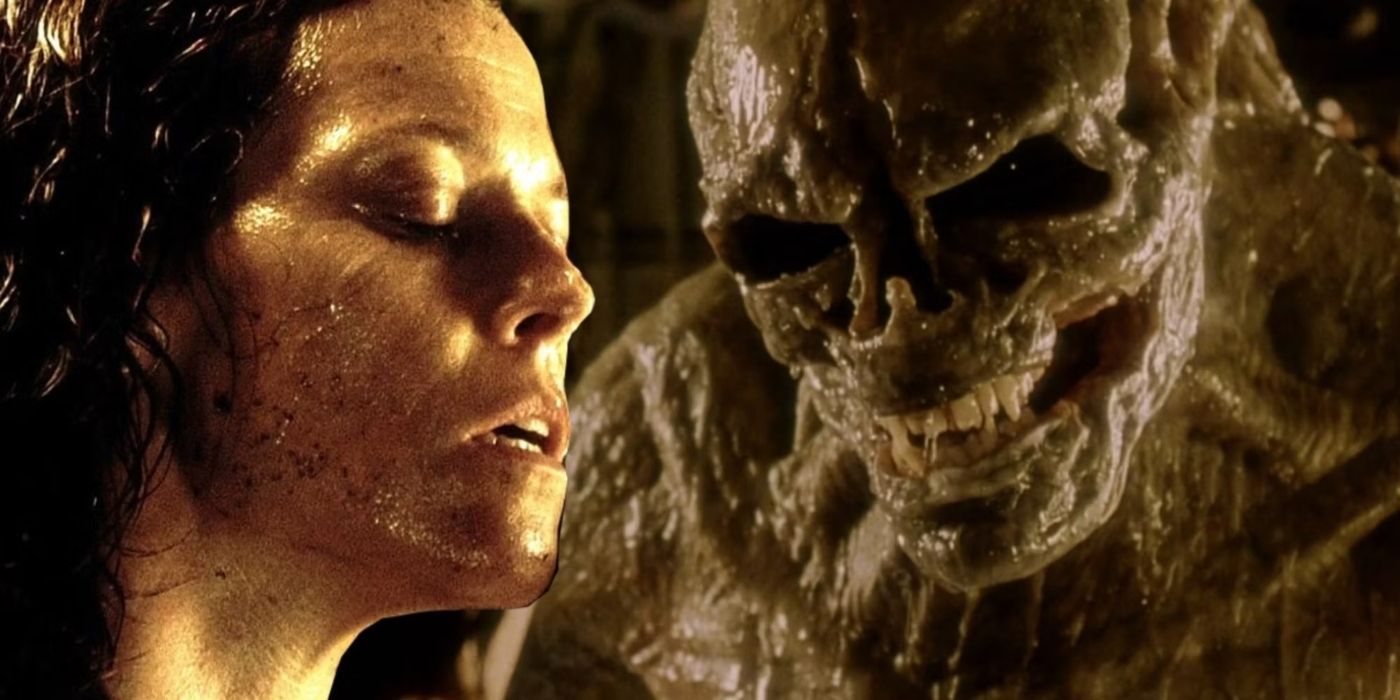 Image via 20th Century Studios
Image via 20th Century Studios Alien: Resurrection revives Ellen Ripley (Sigourney Weaver) 200 years after her death through cloning, as scientists hope to clone the Xenomorphs for research purposes. While Ripley is brought back to life, she is now a hybrid of human and alien DNA, possessing enhanced strength and senses. As the clone team becomes increasingly entangled with the Xenomorphs, the story unfolds aboard a spaceship carrying these dangerous creatures, where Ripley must come to terms with her transformation while battling a growing outbreak of Xenomorphs.
With several disappointing entries in the Alien franchise, Alien : Resurrection is often considered the most divisive installment of the them all to its unconventional approach and strange tone. Directed by Jean-Pierre Jeunet, the film veered away from the dark, atmospheric horror of its predecessors, embracing a more surreal, darkly comedic style courtesy of Joss Whedon's script. Ripley’s hybrid state—though an interesting twist—ultimately made her character less relatable than her previous iterations, While Alien: Resurrection has its moments of visually stunning sequences and gruesome body horror, it is often regarded as a disappointing departure from the franchise’s roots, leaving fans with mixed feelings about its place in the series. The series was resurrected again when Ridley Scott returned to the franchise with Prometheus.
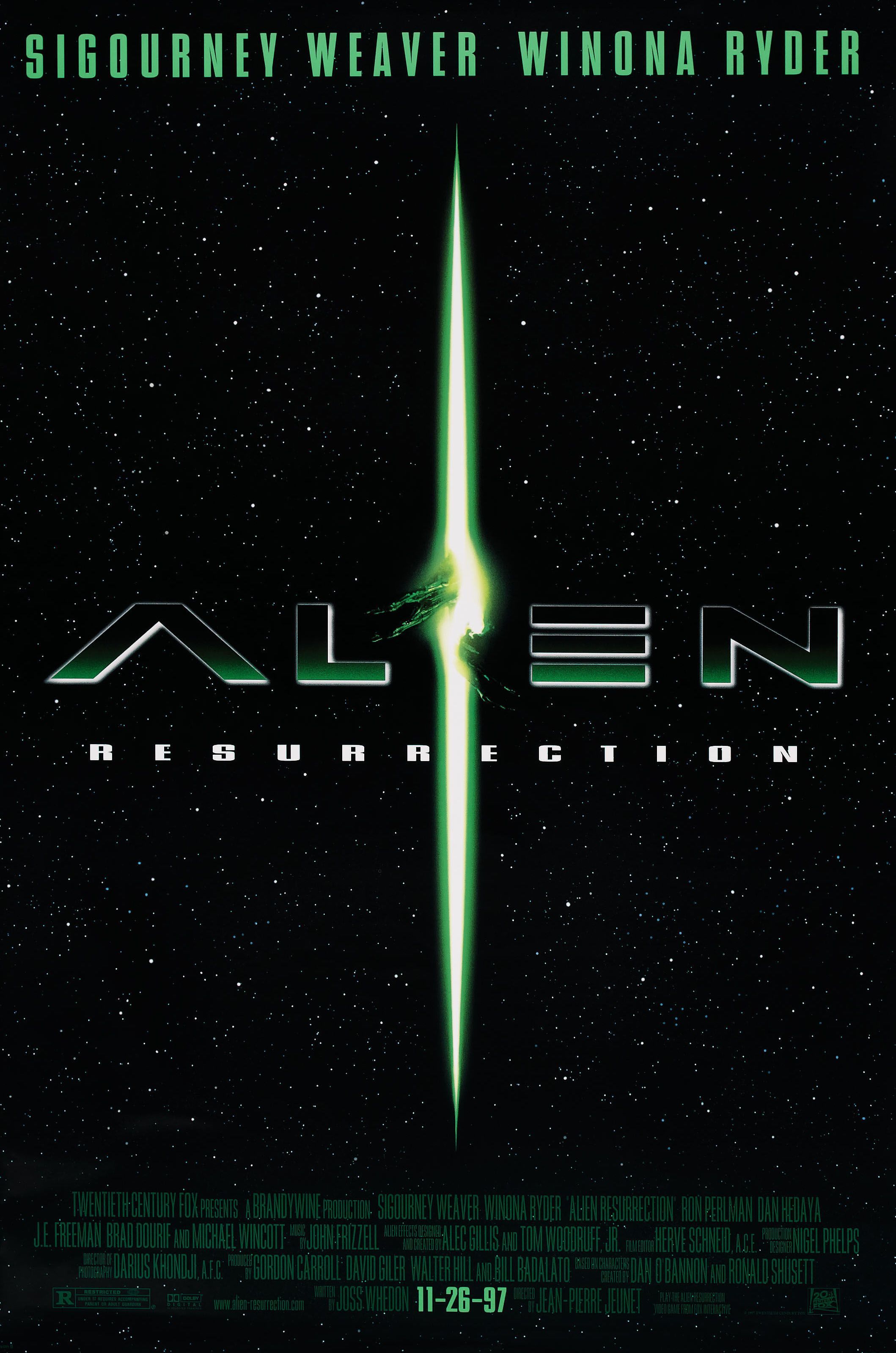
Director Jean-Pierre Jeunet
Runtime 109 minutes
8 'Halloween Ends' (2022)
Directed by David Gordon Green
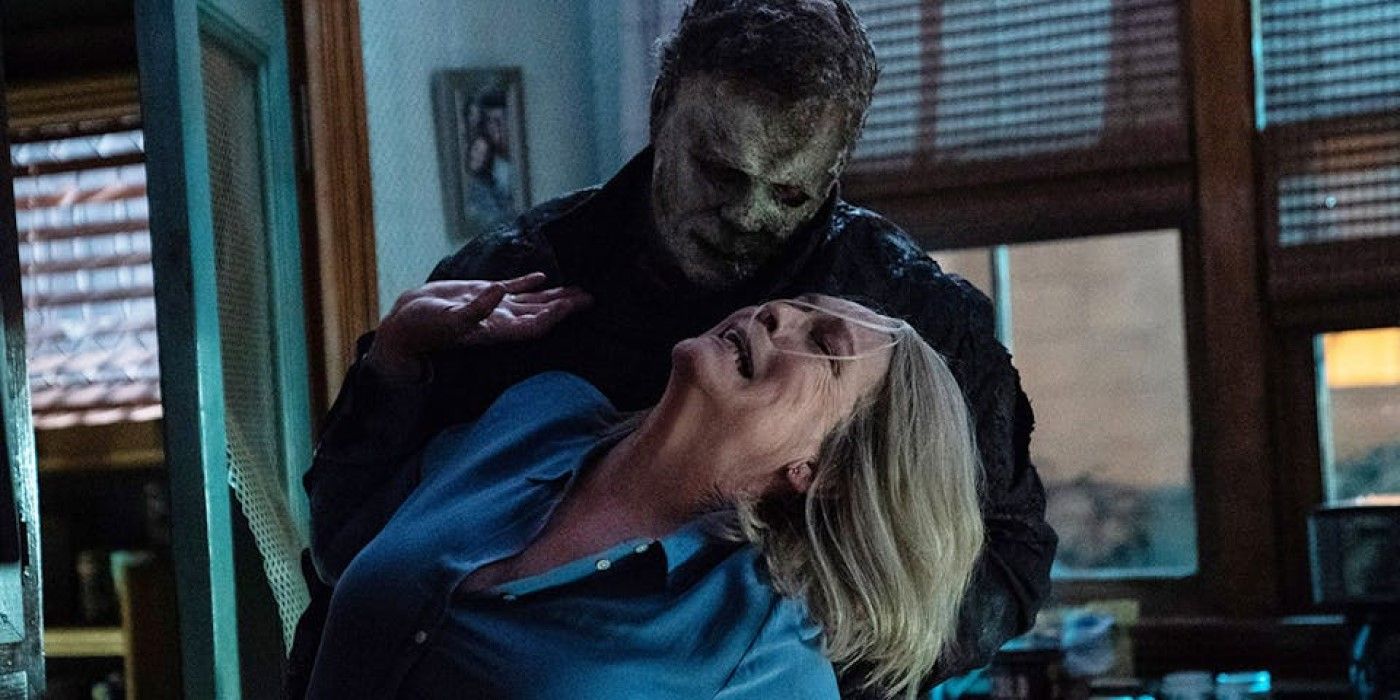 Image via Universal Pictures
Image via Universal Pictures Halloween Ends takes a bold departure from traditional slasher movie expectations, shifting its focus from the iconic conflict between Laurie Strode (Jamie Lee Curtis) and Michael Myers to the tragic descent of Corey Cunningham (Rohan Campbell), a young man ostracized by his community after a fatal accident. The film follows Corey’s growing rage and eventual connection with Michael, whose diminished presence is a major deviation from the previous entries. While Laurie is still central to the narrative, much of her arc is overshadowed by Corey’s transformation, leading to a climactic showdown that feels more like an afterthought than a long-awaited finale.
This narrative shift is why Halloween Ends left so many fans disappointed. After two films building up Laurie and Michael’s final confrontation, the story’s detour into Corey’s character felt misplaced and underdeveloped. Michael’s reduced role in the film—both in screen time and as a formidable presence—diminished the sense of fear and anticipation that had defined the series. Audiences who expected an improvement from the forgettable Halloween Kills, were treated to another misfire. Instead of a satisfying conclusion, Halloween Ends left audiences upset, especially after a strong start to the new trilogy.
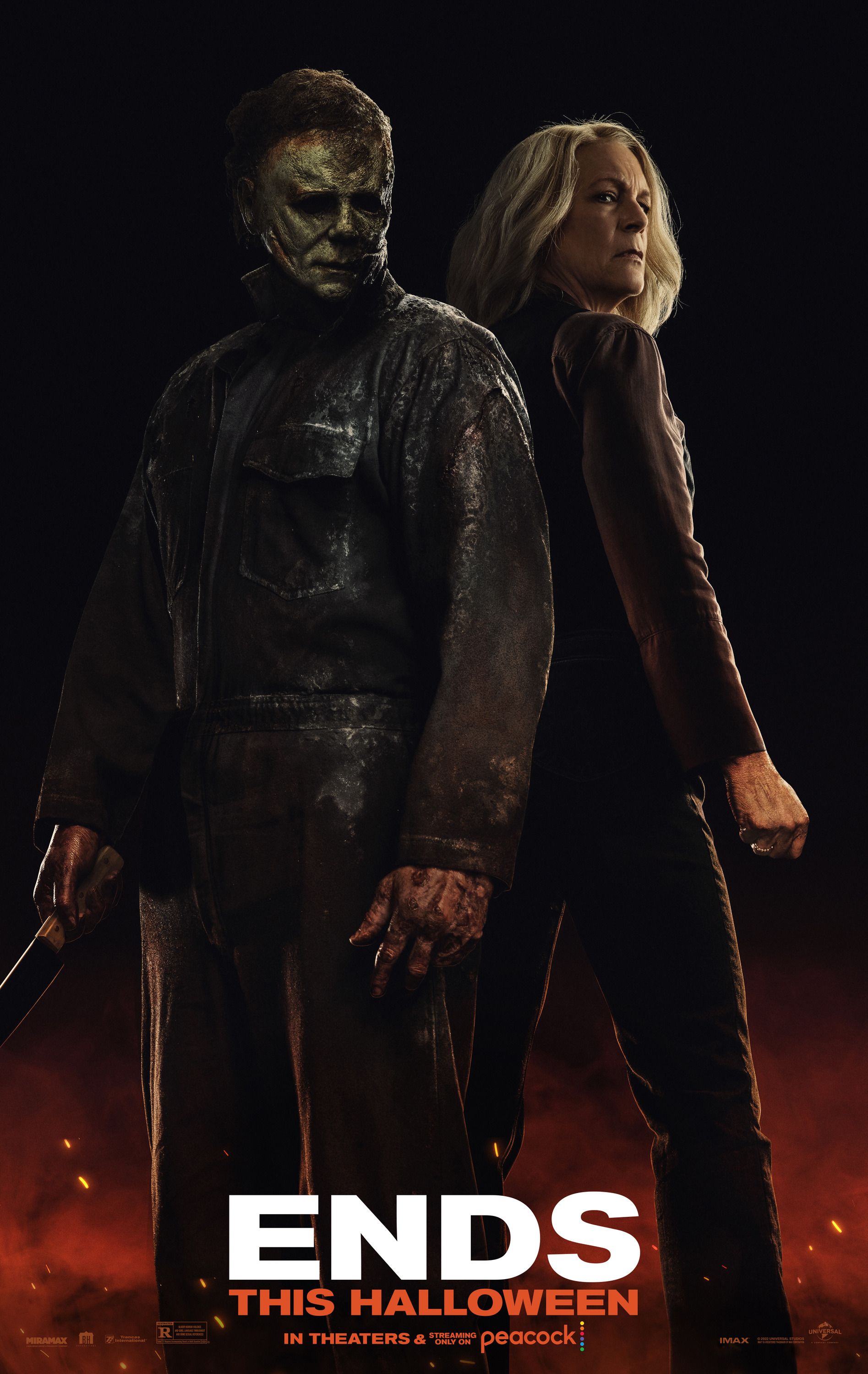
Your changes have been saved
Halloween Ends
Director David Gordon Green
Cast jamie lee curtis , Andi Matichak , James Jude Courtney , Rohan Campbell
Runtime 105
7 'Pirates of the Caribbean: On Stranger Tides' (2011)
Directed by Rob Marshall
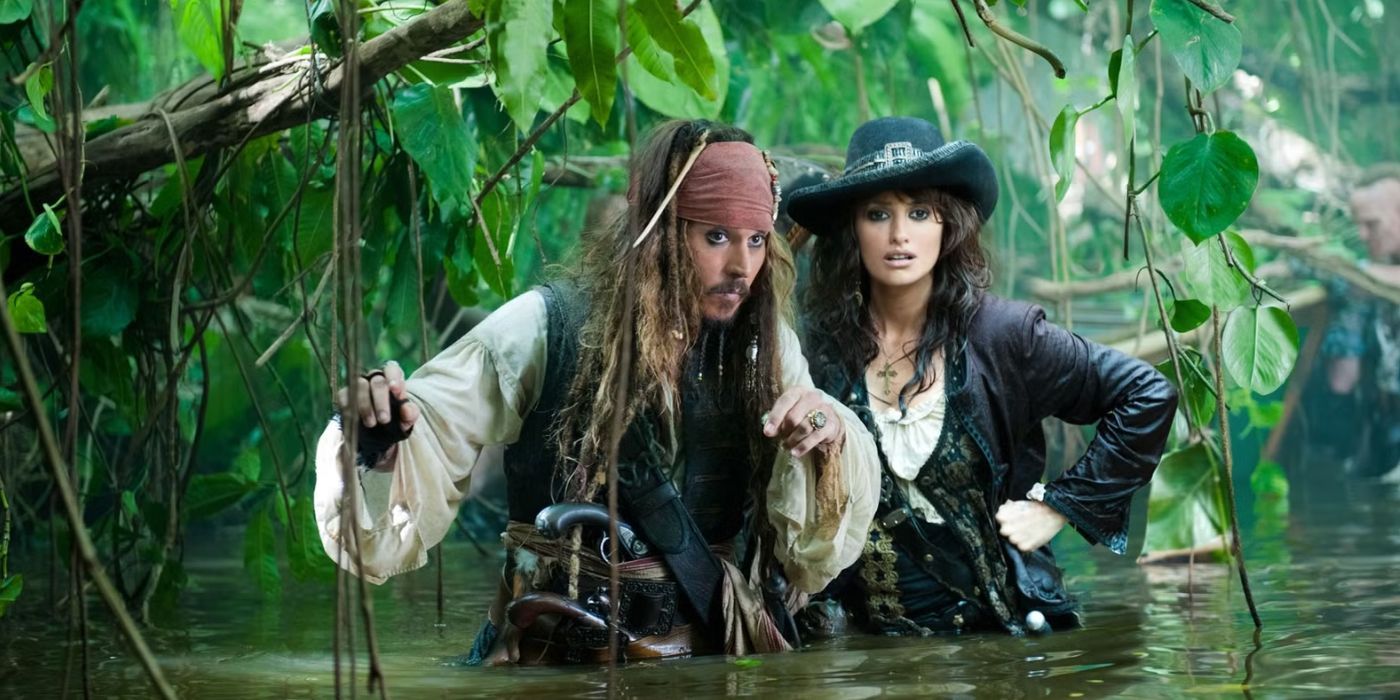 Image via Disney
Image via Disney Pirates of the Caribbean: On Stranger Tides sees Captain Jack Sparrow (Johnny Depp) searching for the Fountain of Youth, joined by old flame Angelica (Penélope Cruz) and rival pirate Blackbeard (Ian McShane). Unlike its predecessors, this entry focuses primarily on Jack’s antics, removing beloved characters like Will Turner and Elizabeth Swann, and goes back to a simpler plot like the original, retaining the same swashbuckling action and fantasy elements.
This fourth installment in the Pirates of the Caribbean franchise disappointed fans with its uninspired story and overreliance on Jack Sparrow’s eccentric charm. Critics noted that the film felt like a pale imitation of the original trilogy, with less engaging stakes and a lack of fresh ideas. While Depp’s performance remains entertaining, the absence of strong supporting characters and meaningful conflict left the movie feeling hollow. Despite hitting the one-billion mark at the global box office, its lukewarm reception marked the beginning of the franchise’s decline. The follow up Pirates of the Caribbean: Dead Man Tell No Tales became the lowest grossing film in the franchise, effectively putting the adventure series on hiatus.
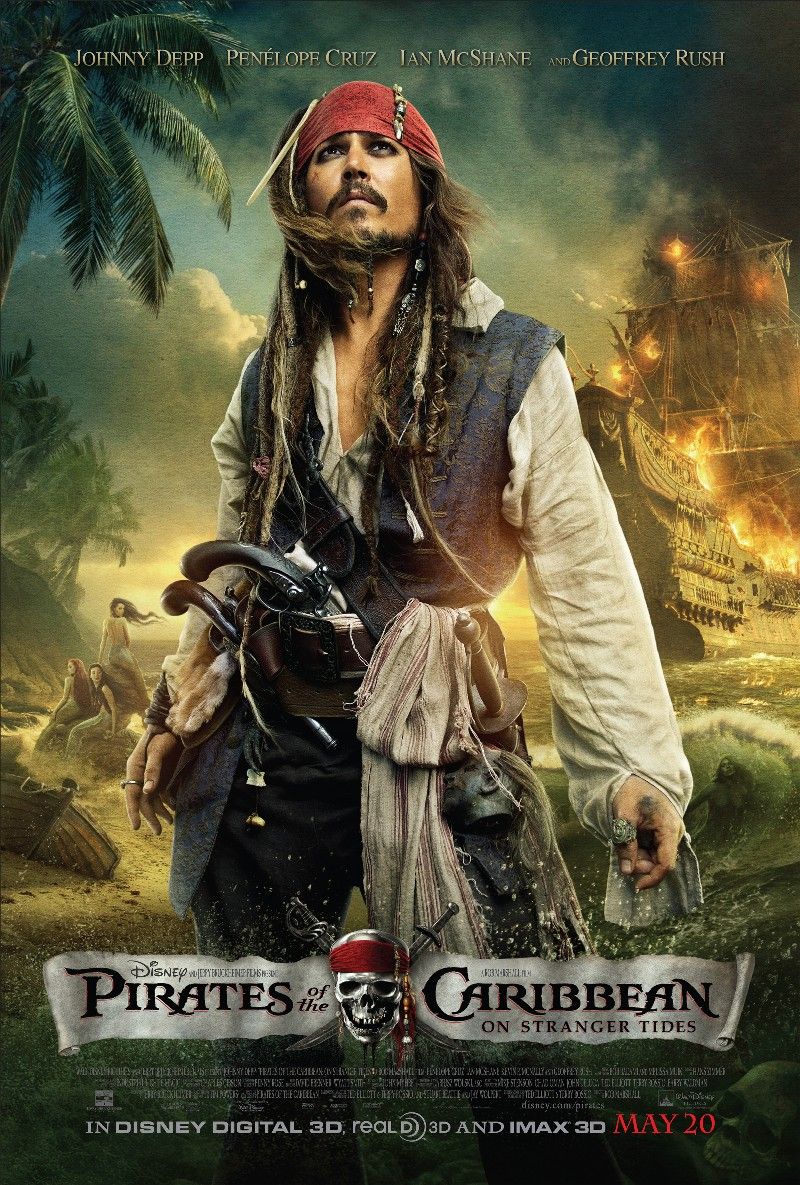
Director Rob Marshall
Runtime 137 minutes
6 'Transformers: Age of Extinction' (2014)
Directed by Michael Bay
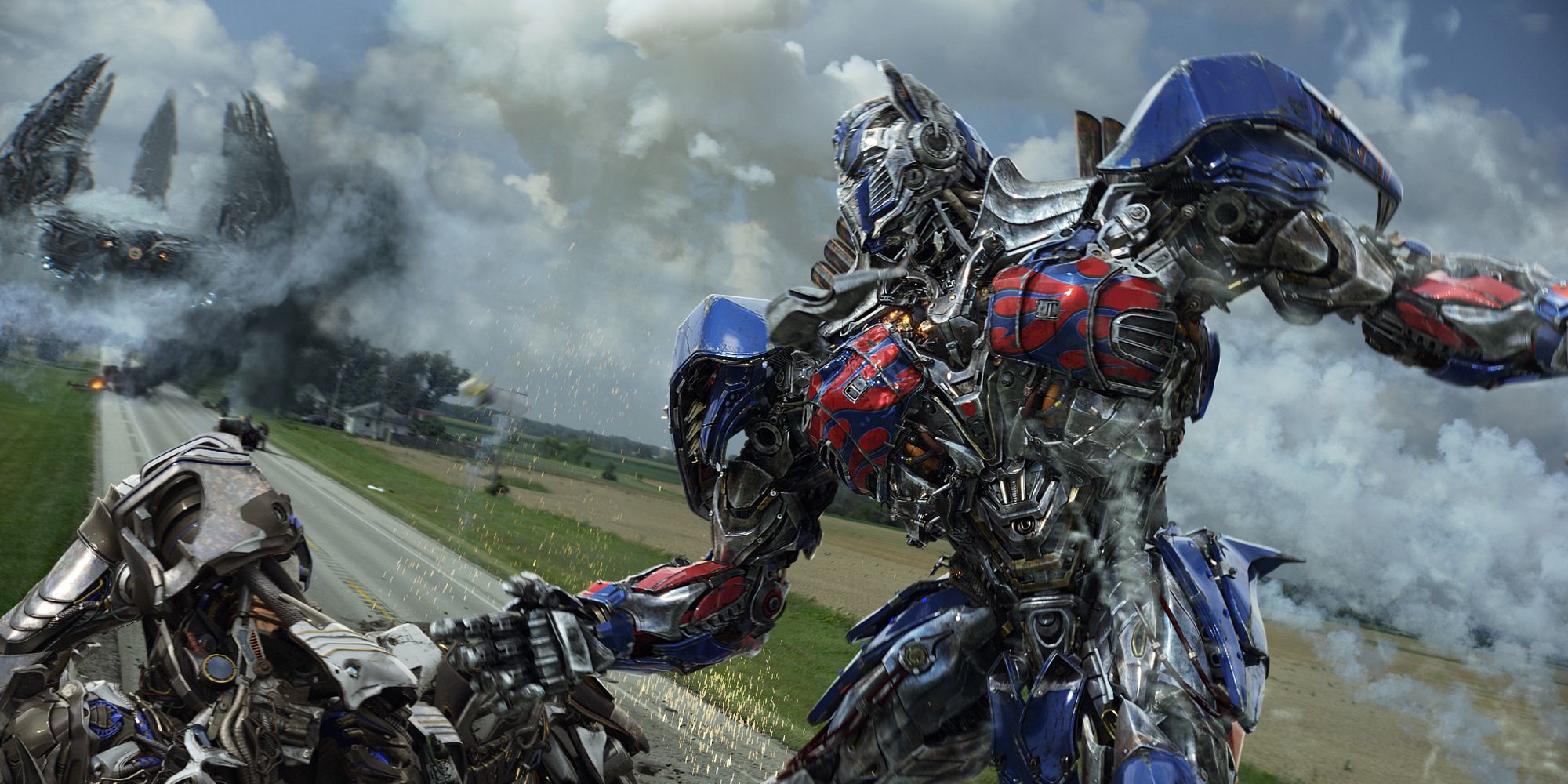 Image via Paramount Pictures
Image via Paramount Pictures Directed by returning Michael Bay, Transformers: Age of Extinction set out to rejuvenate the franchise with a fresh cast and storyline, introducing Mark Wahlberg as Cade Yeager, an inventor who inadvertently becomes involved in the ongoing war between Autobots and Decepticons. The film sees humanity turning against the Transformers, hunting them down with the help of a shadowy organization and the bounty hunter Lockdown. Cade and his daughter find themselves on the run alongside Optimus Prime and a small band of surviving Autobots, as they uncover a plan involving a dangerous new weapon and a mysterious corporation intent on exploiting Cybertronian technology.
Despite its promise of reinvention, the film was widely criticized for its overlong runtime, convoluted plot, and for unashamedly pandering to the lucrative Chinese box office, going as far as having numerous Chinese product placements and shooting the film in Hong Kong. The introduction of a new human cast failed to establish the same level of connection as the previous trilogy. The much-hyped Dinobots, though visually impressive, appeared too late in the movie. Additionally, the Bayhem level in this movie was out of control, loud and overlong that it overwhelmed the plot. The fans and critics' response made the studio rethink its strategy, even going as far as assembling a writer's room usually reserved for TV series to map out the future installments. The next film, Transformers: The Last Knight ultimately was the lowest grossing and worst reviewed film in the franchise, which made way for a soft reboot with the best reviewed film in the series, Bumblebee.
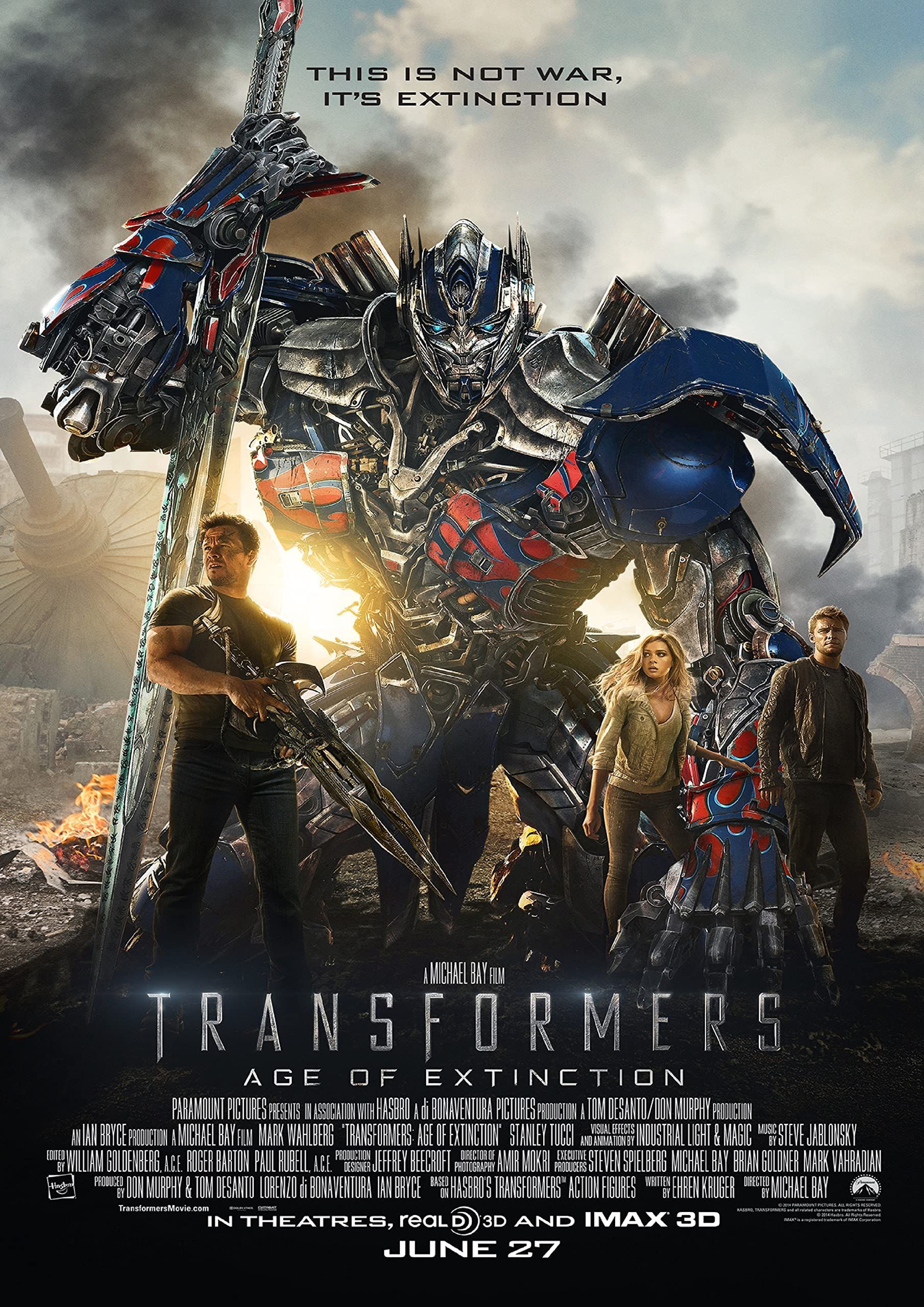
Your changes have been saved
Transformers: Age of Extinction
5 'X-Men: Dark Phoenix' (2019)
Directed by Simon Kinberg
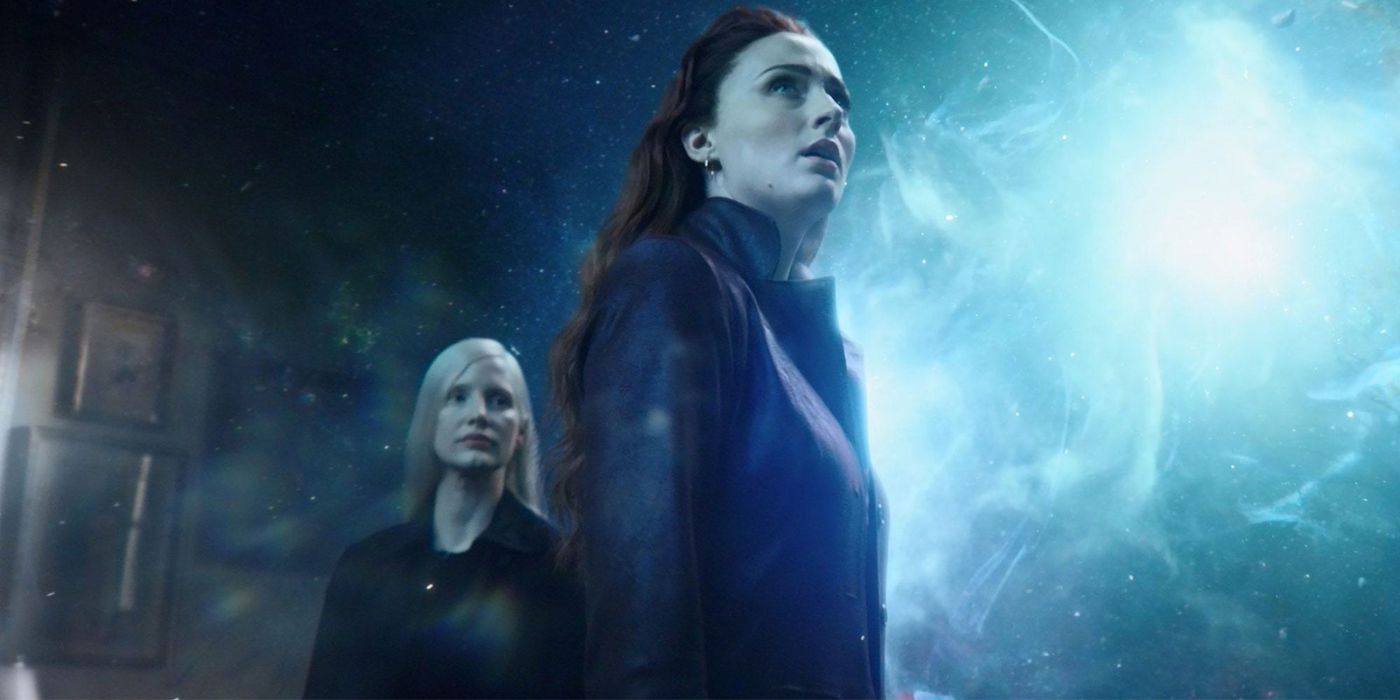 Image via 20th Century Studios
Image via 20th Century Studios X-Men: Dark Phoenix sought to adapt the iconic Dark Phoenix Saga from the comics again after doing so in X-Men: The Last Stand. The film focuses on Sophie Turner's Jean Grey as she becomes possessed by an immensely powerful cosmic force. The story follows the X-Men as they struggle to contain Jean’s growing power and the devastating consequences of her transformation. While Jean battles internal conflict and the loss of control, alien shapeshifters led by Vuk (Jessica Chastain), who seek to harness her power for their own gain.
Despite its ambitions, X-Men: Dark Phoenix fell short of expectations, leaving fans and critics deeply disappointed. The film's rushed pacing and lack of emotional depth undermined the dramatic potential of Jean’s story as well as Professor X and Magneto's. This was particularly disappointing because this was Simon Kinberg's second attempt at the Dark Phoenix arc. Key characters were sidelined, and the ensemble dynamic that had defined the franchise felt fragmented. While the movie suffered from franchise fatigue, it also arrived as 20th Century Fox was bought by Disney, making fans speculating whether the Fox X-Men would join the MCU or not. This business decision also hampered fans' excitement because this film may not be essential if X-Men was reestablished in the MCU.
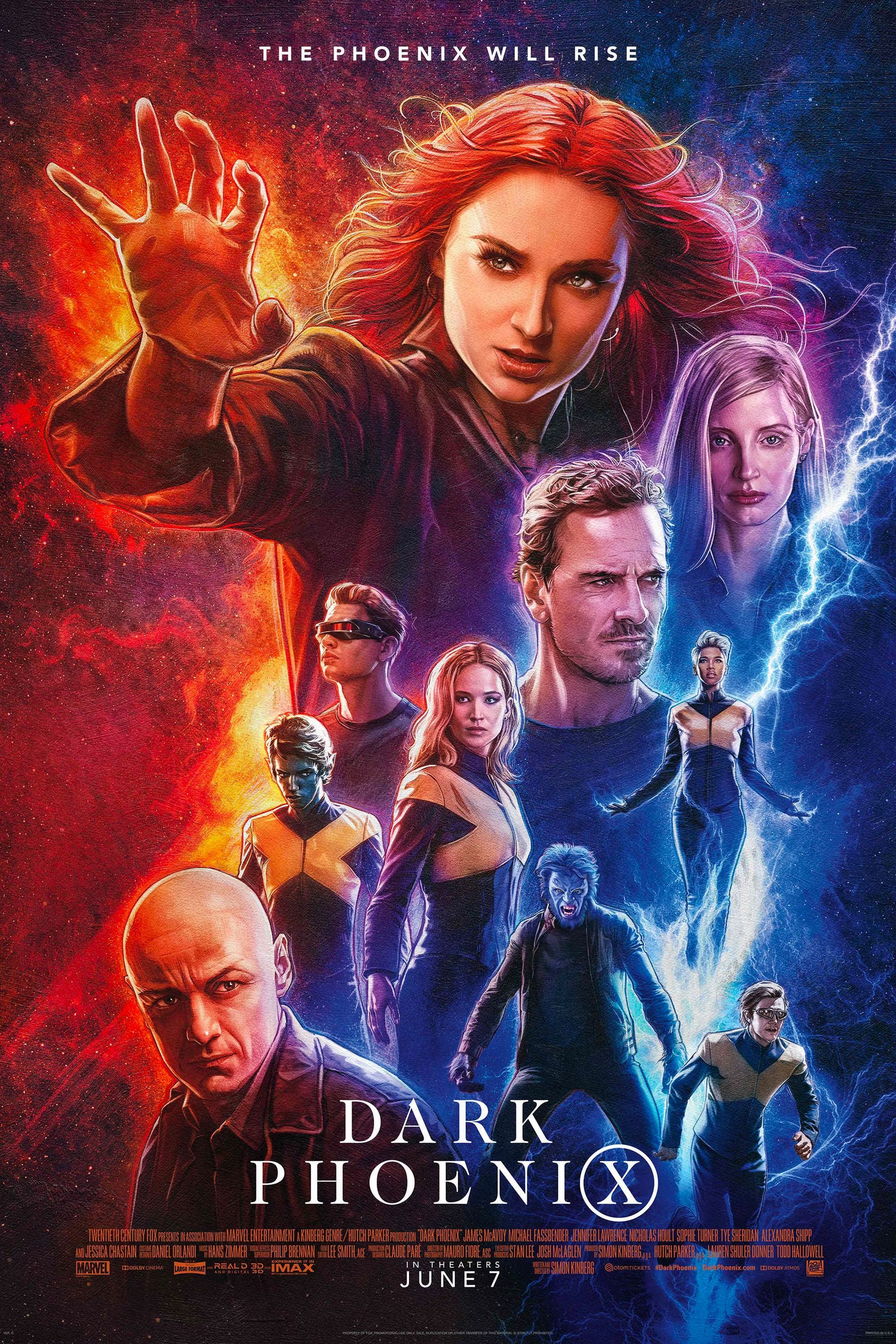
Director Simon Kinberg
Runtime 113 Minutes
4 'Indiana Jones and the Kingdom of the Crystal Skull' (2008)
Directed by Steven Spielberg
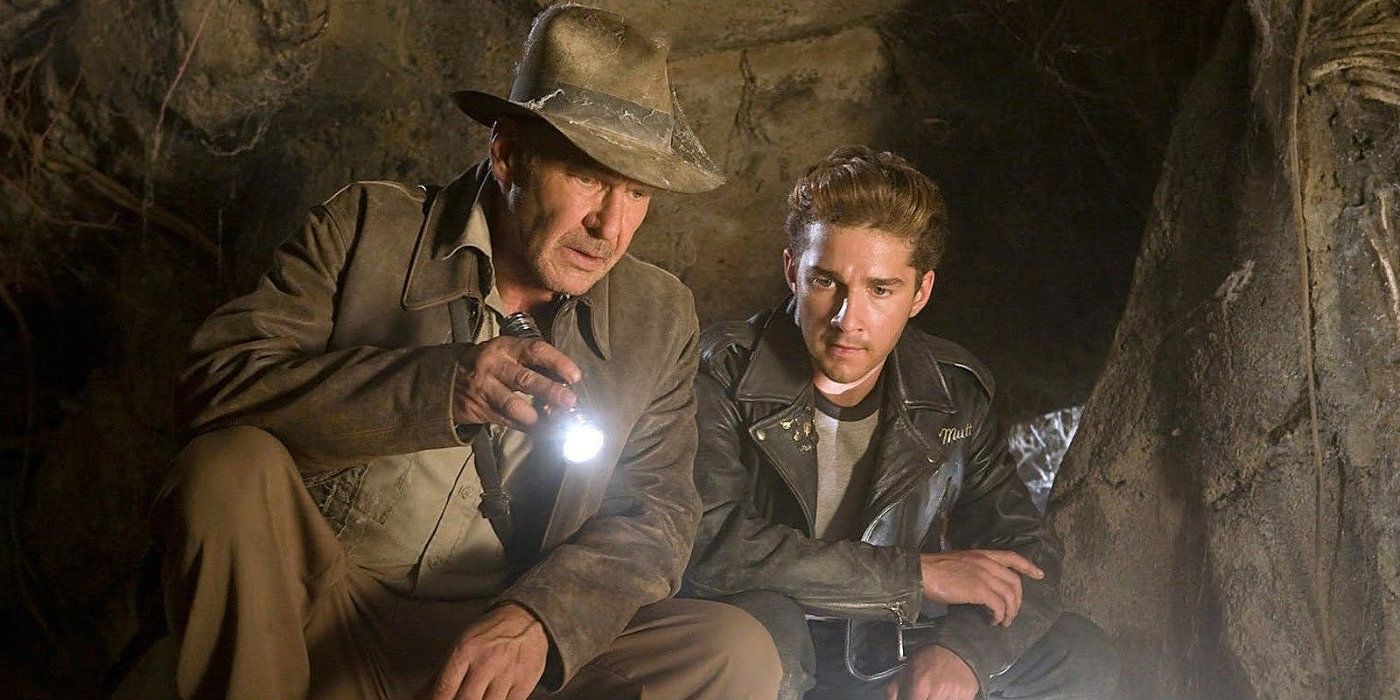 Image via Paramount Pictures
Image via Paramount Pictures Returning to the screen after nearly two decades, Indiana Jones and the Kingdom of the Crystal Skull brought back Harrison Ford as the iconic archaeologist Indiana Jones, now navigating adventures in the 1950s. The story follows Indy as he becomes embroiled in a Cold War-era race to uncover the secrets of a mysterious crystal skull, a legendary artifact linked to an ancient alien civilization. Joined by a new sidekick, Mutt Williams (Shia LaBeouf), and reuniting with his old flame Marion Ravenwood (Karen Allen), Indy faces off against Soviet agents led by the villainous Irina Spalko (Cate Blanchett).
While the return of Indiana Jones was eagerly anticipated, the film left fans divided and disappointed. The film’s reliance on CGI-heavy action sequences, such as the infamous "nuke the fridge" scene, or Mutt swinging in the forest, felt out of place compared to the practical stunts and grounded thrills of earlier installments. The shift from historical mythology to science fiction, with its alien-centric storyline, surprised fans who preferred the franchise’s traditional focus on ancient legends and mystical artifacts. Although the film performed well at the box office, its tonal inconsistencies and weird creative decisions dulled the nostalgia of Indy’s return, leaving it as a divisive chapter in the beloved series.
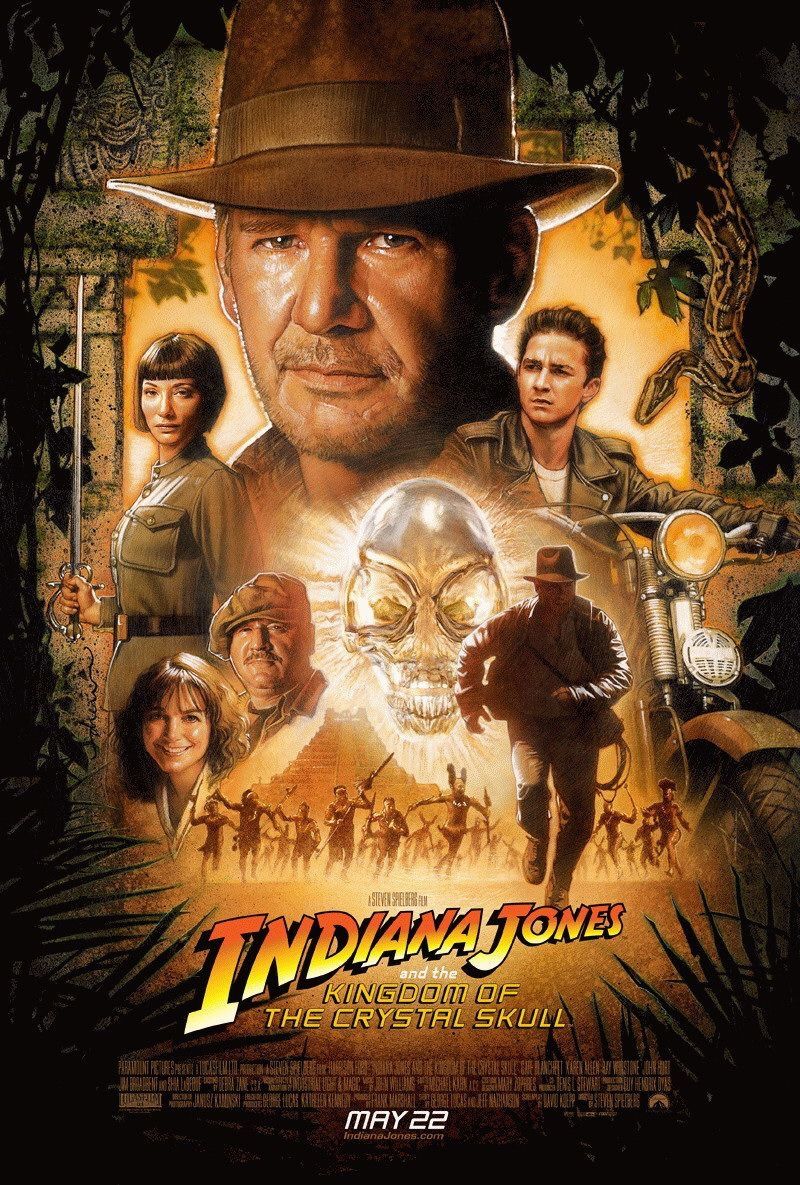
3 'Batman v Superman: Dawn of Justice' (2016)
Directed by Zack Snyder
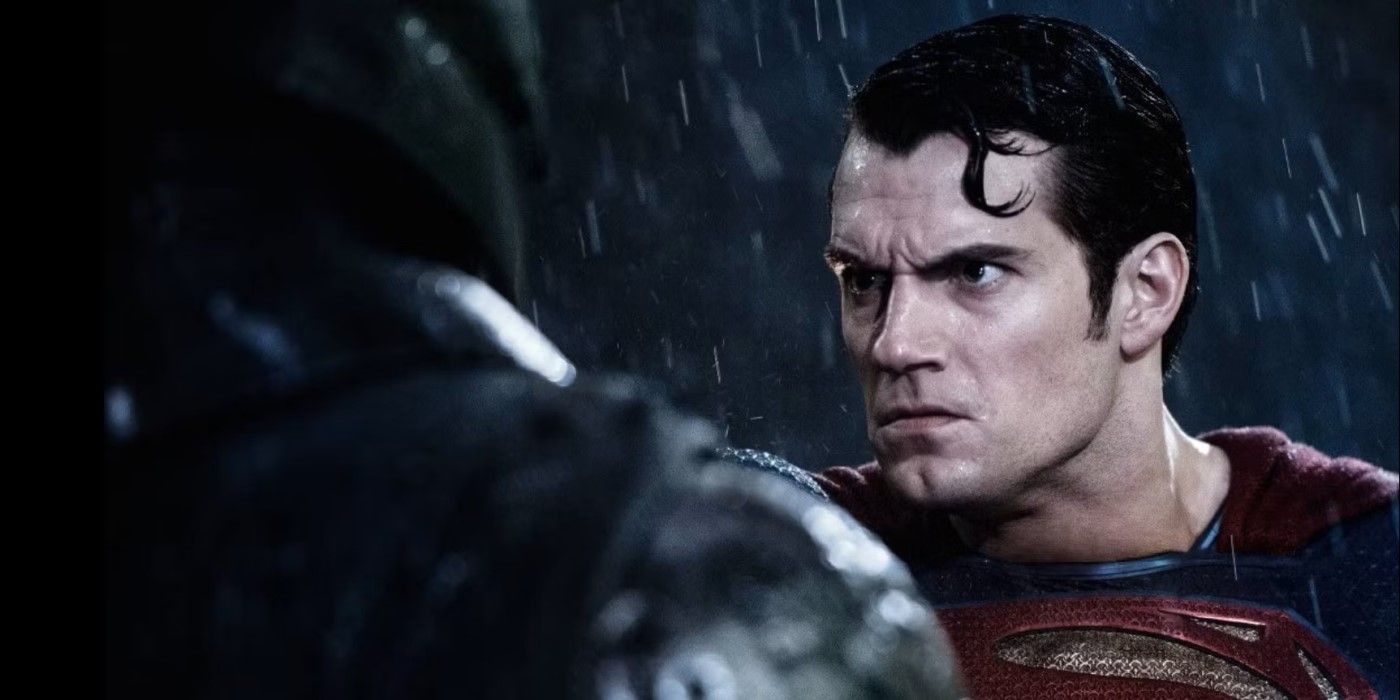 Image via Warner Bros.
Image via Warner Bros. Batman v Superman: Dawn of Justice had a lot on its shoulders before its release, it had to expand the DC's cinematic universe and it had to catch up with the MCU, which was already entering its Phase Three that year. The film pits two of the genre’s most iconic figures against each other. The plot follows Bruce Wayne (Ben Affleck), embittered by the destruction brought by Superman (Henry Cavill) during the events of Man of Steel, as he becomes convinced that the last son of Krypton is a threat to humanity. As the title suggests, the film is obliged to soft launch the Justice League formation as well.
Tasked with an enormous expectations and wildly high target, Batman v Superman disappointed because of its dark tone and deconstructive nature. Director Zack Snyder aimed it to be the antithesis of the MCU, showcasing the rich world of comic books. However, critics and viewers expected an entertaining, explosive exploration of the heroes akin to Marvel. It did not help that the film was also overstuffed and had tonal missteps. While well-intentioned, the infamous "Martha" scene did not translate smoothly on screen, making it a punchline. The movie was still a box office smash with a devoted fanbase but it made Warner Brothers rethink its approach, which resulted in inconsistencies and mismanagement of the DC brand. The DCEU never flew as high as its rival but at least Snyder could complete his vision with Zack Snyder's Justice League.
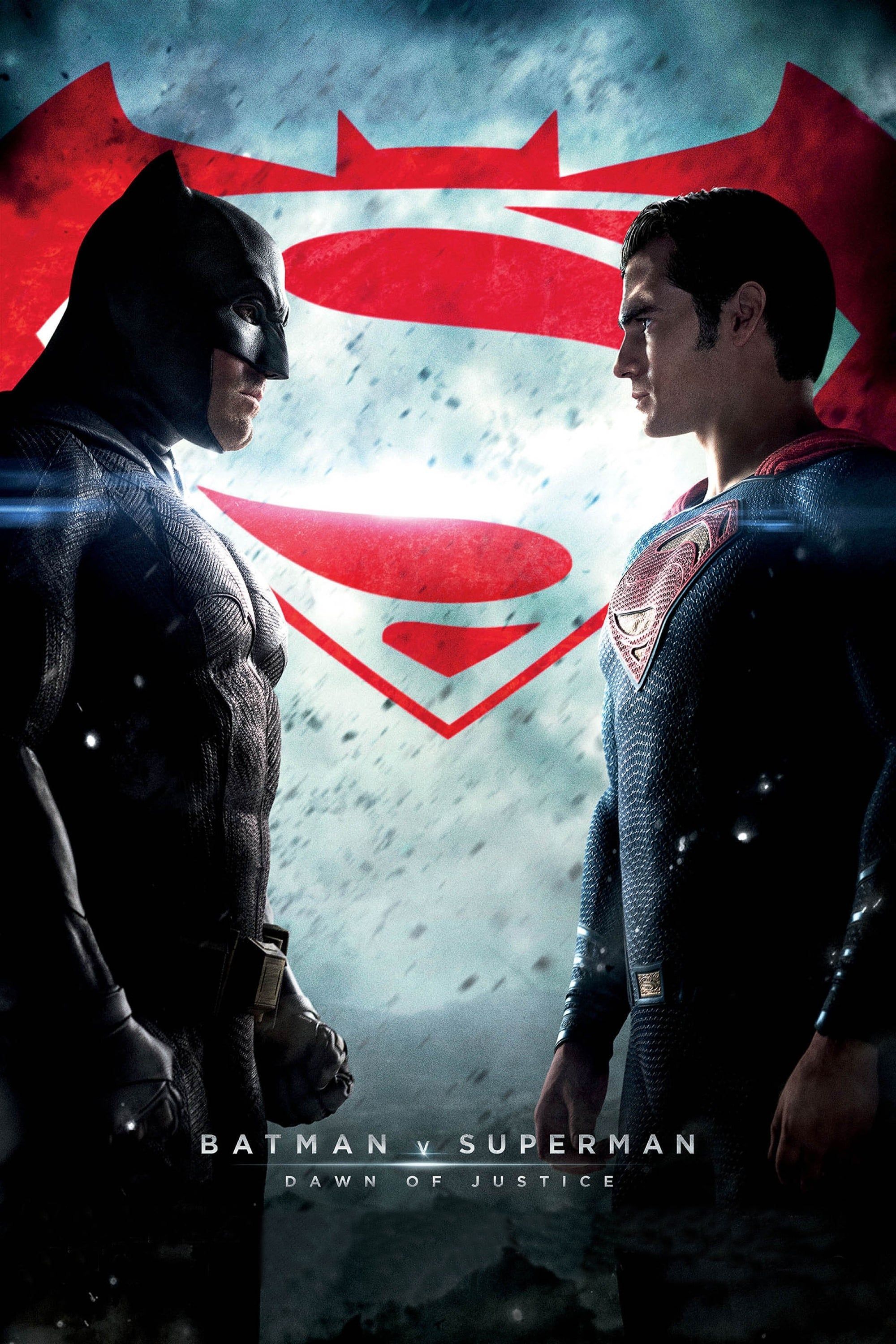
Your changes have been saved
Batman v Superman: Dawn of Justice
Director Zack Snyder
Runtime 152 minutes
2 'Fantastic Beasts: The Crimes of Grindelwald' (2018)
Directed by David Yates
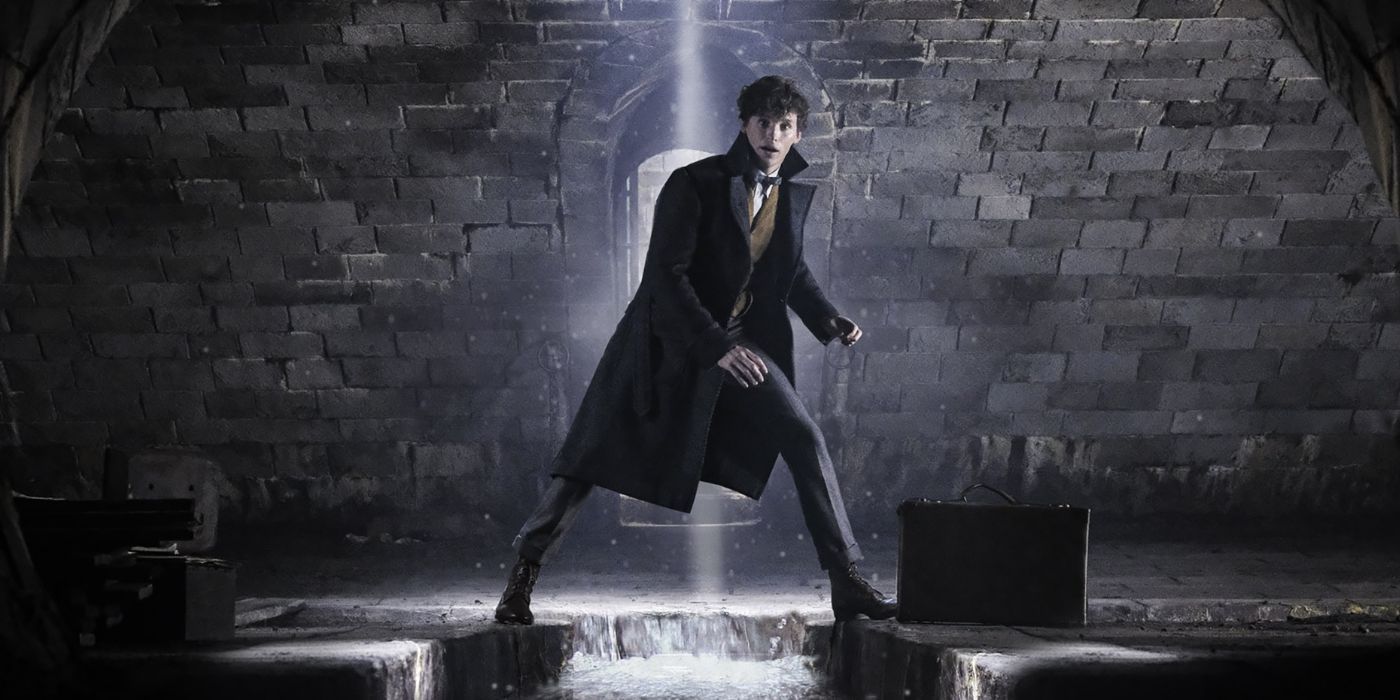 Image via Warner Bros. Pictures
Image via Warner Bros. Pictures In this second installment of the Fantastic Beasts series, magizoologist Newt Scamander (Eddie Redmayne) is reluctantly drawn into the escalating conflict between the dark wizard Gellert Grindelwald (Johnny Depp) and Albus Dumbledore (Jude Law). The story also attempts to reveal Credence Barebone’s (Ezra Miller) true identity and follow Grindelwald’s manipulative campaign to rally followers to his cause.
With a gigantic expectations to start a franchise as big as the Harry Potter series, fans and critics alike found Fantastic Beasts: T he Crimes of Grindelwald disappointing due to its muddled storytelling and uneven pacing. The film’s ambitious attempt to expand the Wizarding World franchise was weighed down by an overabundance of characters and convoluted twists, such as the controversial revelation of Credence’s lineage. The controversy surrounding Depp's legal issue at the time also brings the excitement lower for the general public. The lack of a compelling narrative arc for Newt, who had been the heart of the first film, further alienated audiences. A third film was made but was met with equally mixed reviews, which made the rest of the two movies in the planned five-film franchise cancelled.
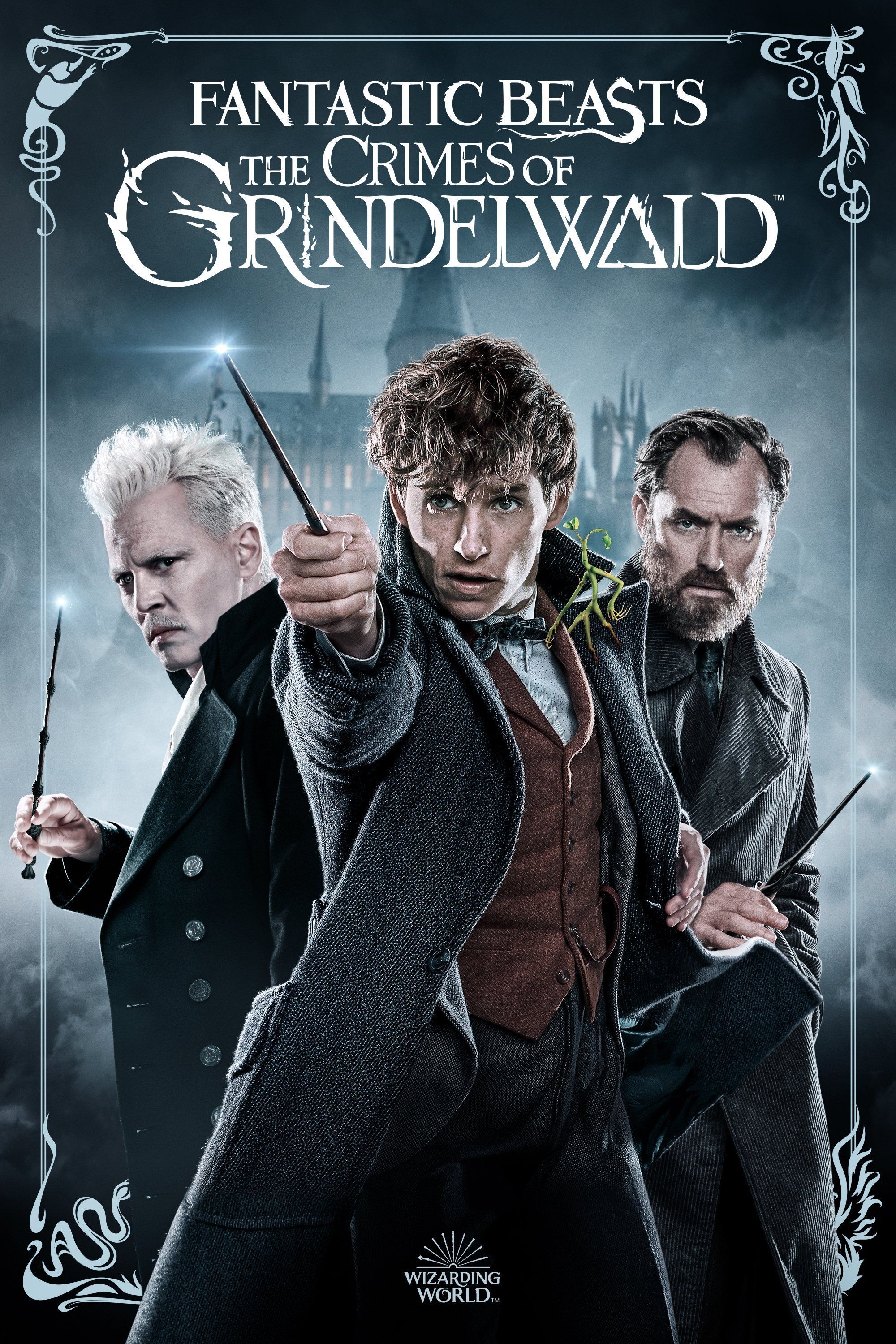
Your changes have been saved
Fantastic Beasts: The Crimes of Grindelwald
Runtime 134 Minutes
1 'Star Wars: Episode I - The Phantom Menace' (1999)
Directed by George Lucas
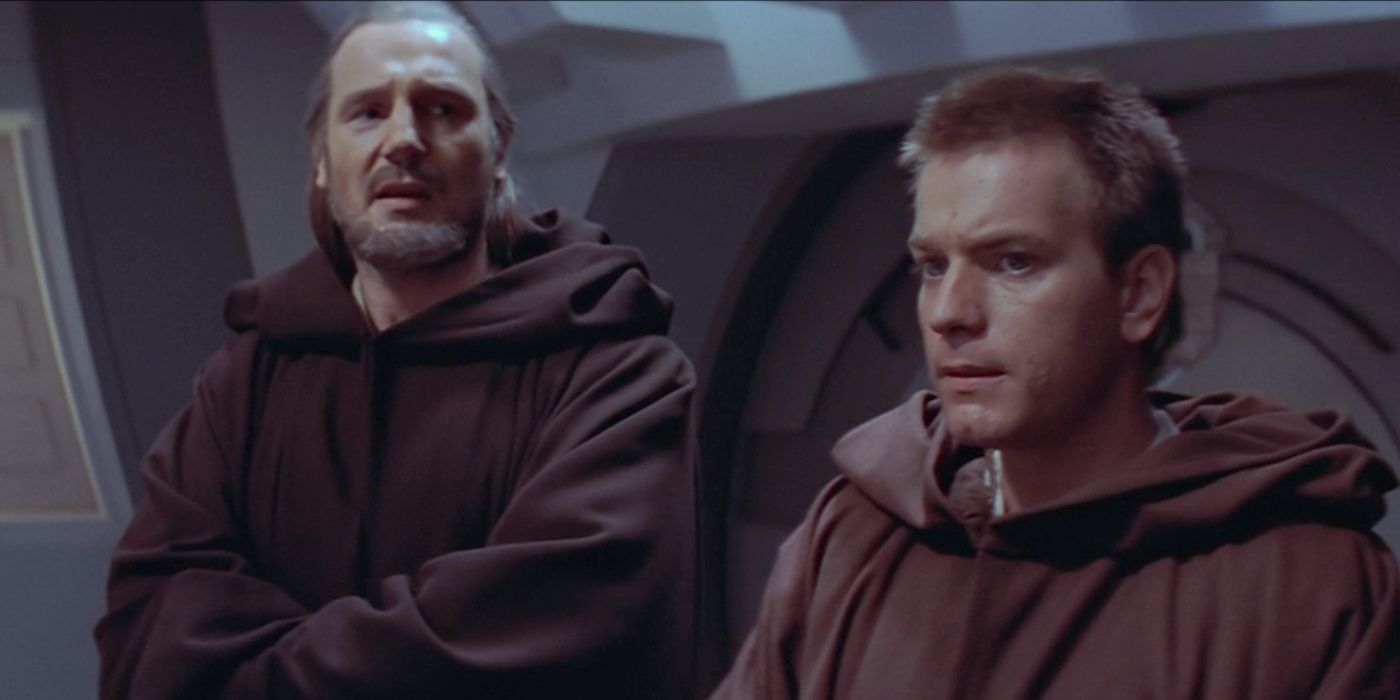 Image via Disney+
Image via Disney+ Star Wars: Episode 1 - The Phantom Menace marked the long-awaited return of the Star Wars franchise, serving as the first chapter in the prequel trilogy. Set decades before the first Star Wars film, the film follows Jedi Qui-Gon Jinn (Liam Neeson) and his apprentice Obi-Wan Kenobi (Ewan McGregor) as they meet young Anakin Skywalker (Jake Lloyd) as a young boy with extraordinary potential. The Jedi master and his padawan's mission leads them to a larger conspiracy involving the Sith and the political turmoil within the Galactic Senate.
The Phantom Menace remains one of the franchise’s most polarizing entries. Fans were particularly critical of the heavy reliance on CGI, which often overshadowed the emotional core of the story. The much more light and playful tone is also a subject of criticism for viewers. Jar Jar Binks, intended as comic relief, became a notorious symbol of the film’s mistake. Though some praised the film for its ambitious world-building and standout moments, such as the Duel of the Fates sequence, its inconsistent pacing and lack of character depth left audiences underwhelmed. The film’s shortcomings also cast a shadow over the prequel trilogy, until the arrival of the sequel trilogy.
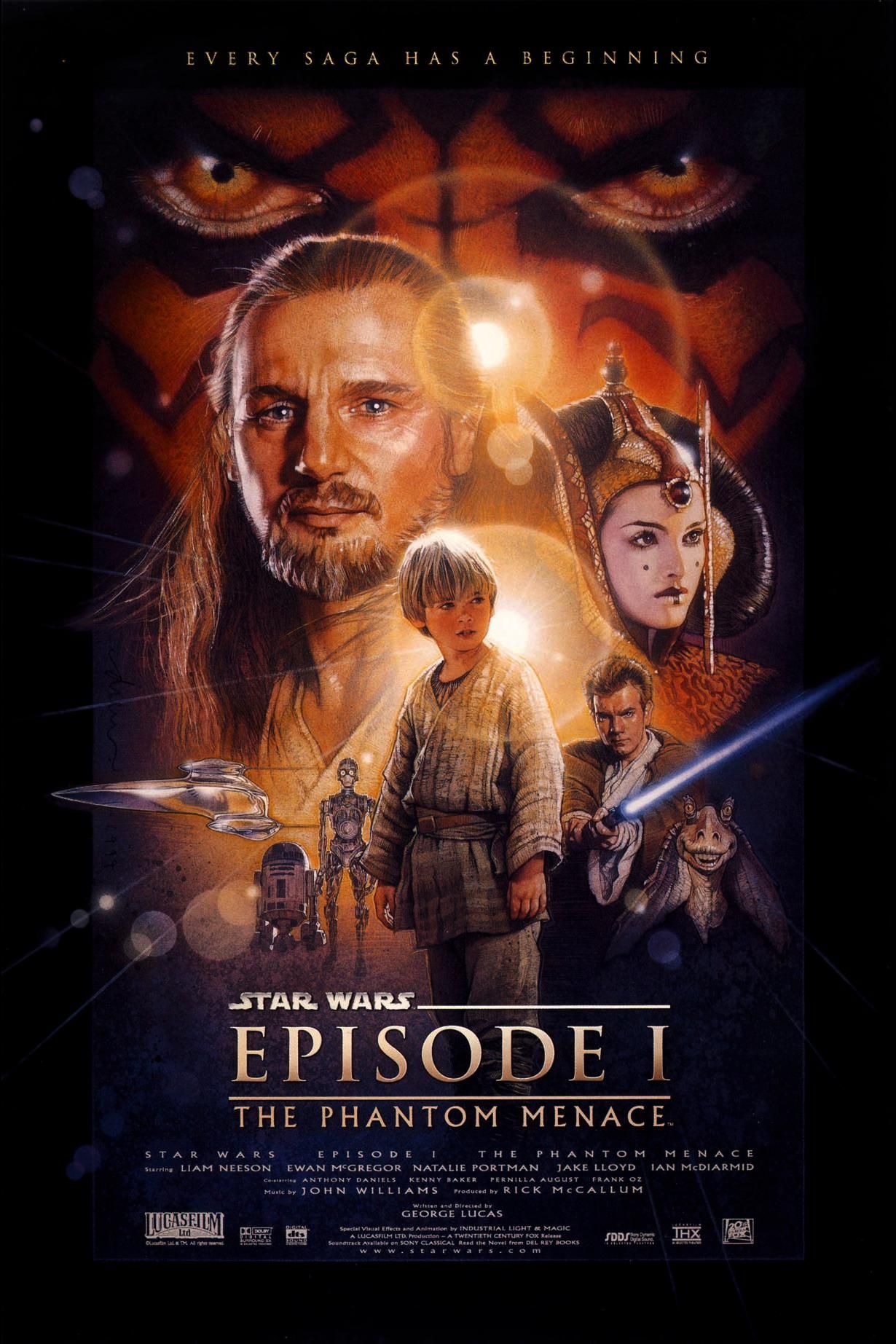
Director George Lucas
Runtime 136 minutes
KEEP READING: 10 Movie Sequels That Felt Totally Uninspired

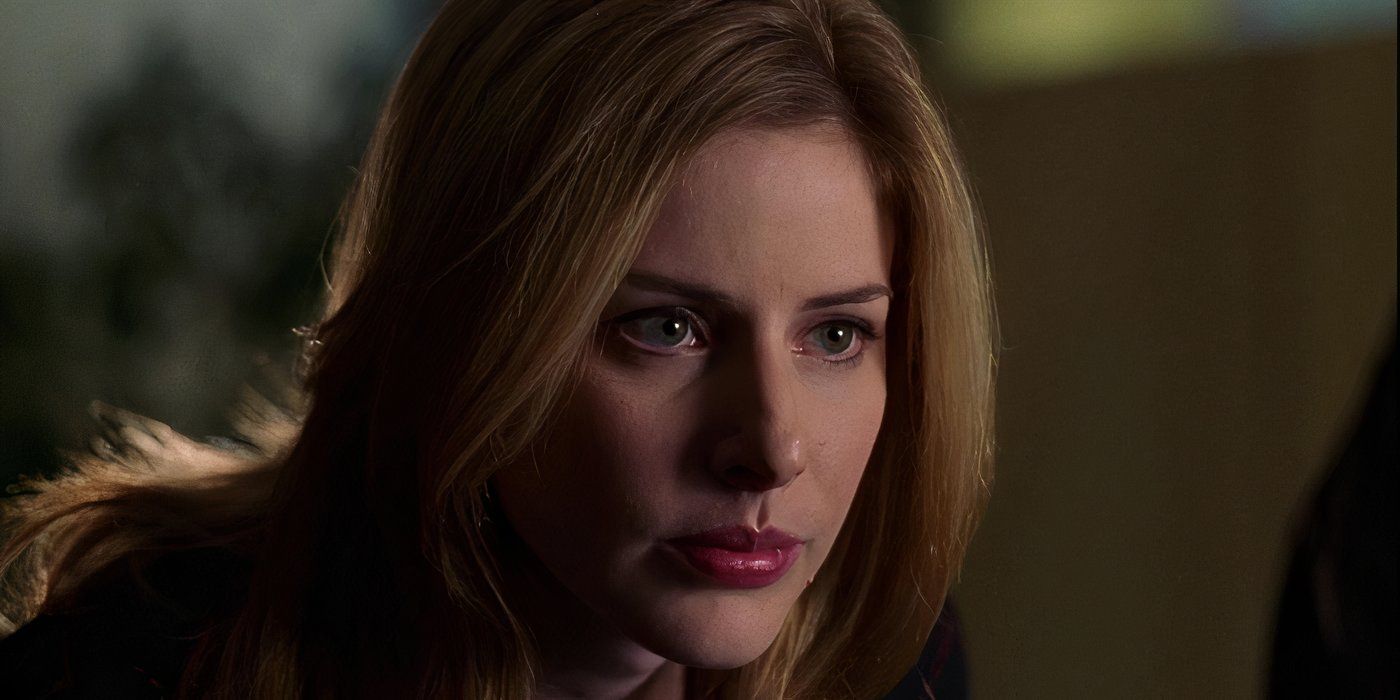
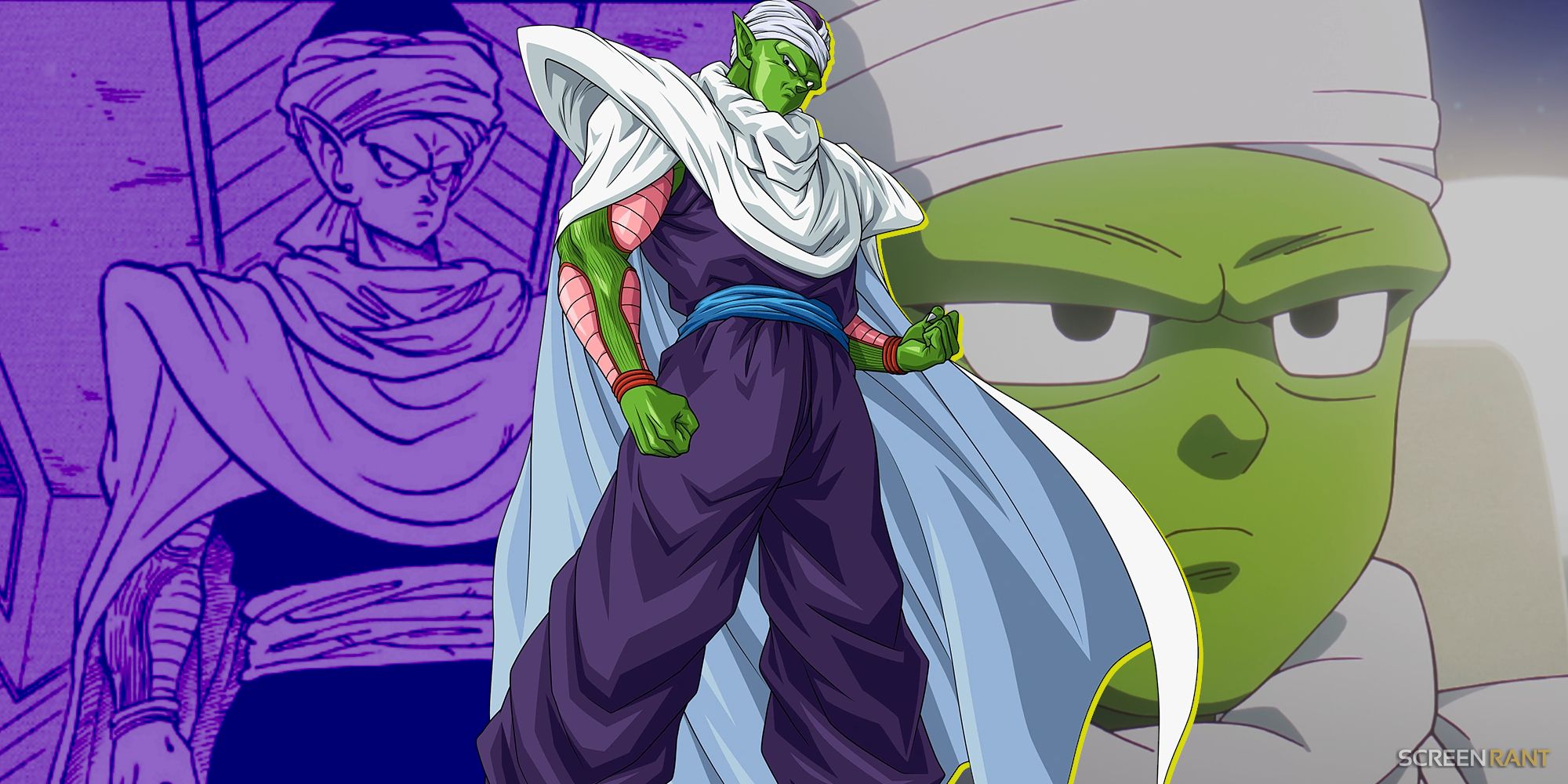
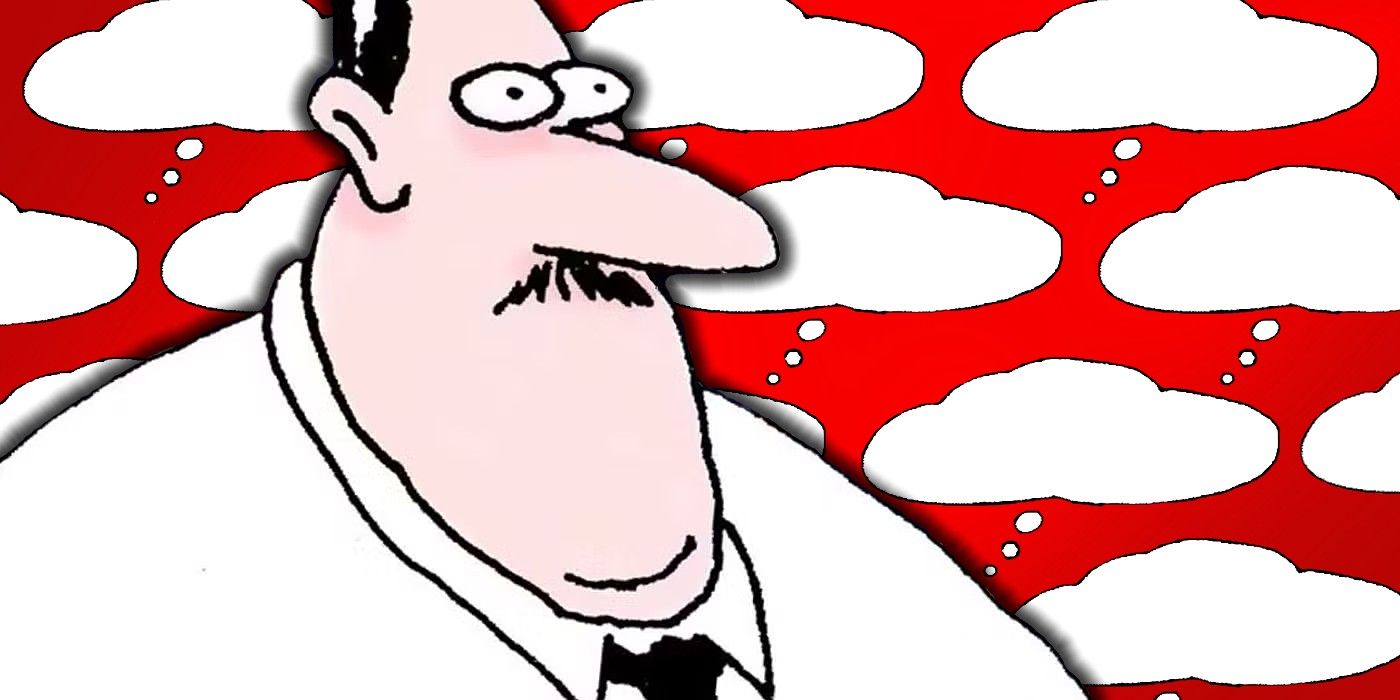





 English (US) ·
English (US) ·